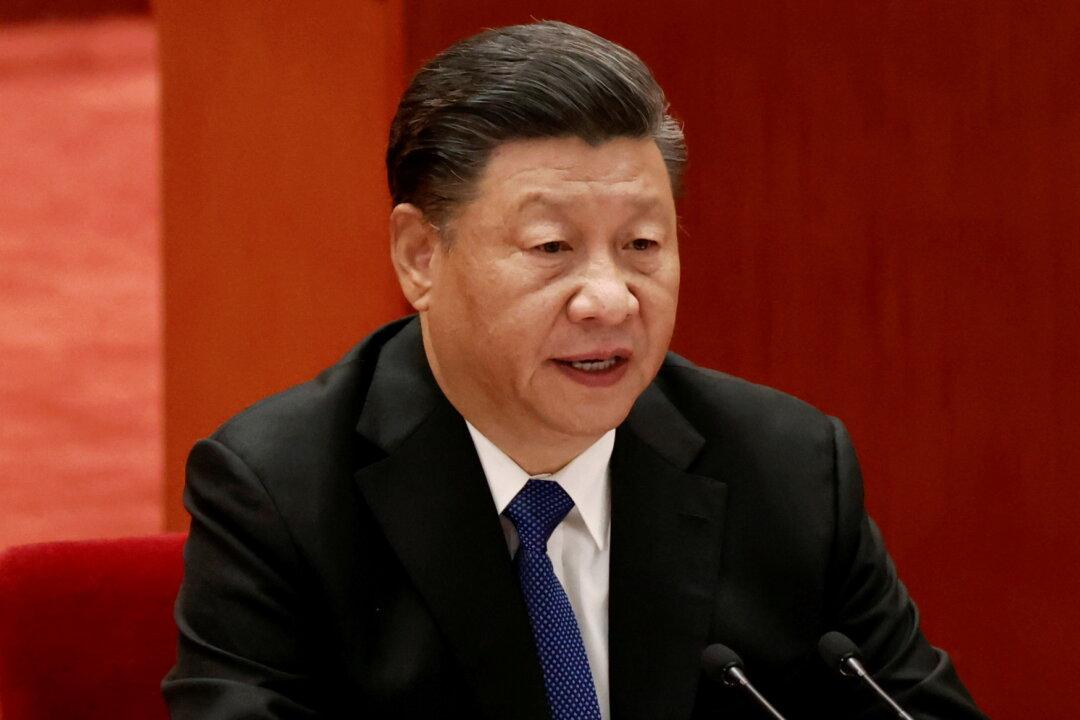Chinese leader Xi Jinping pushed world leaders to accept China-made vaccines while lodging complaints about Western efforts to trace the origins of the COVID-19 virus during a virtual address at the Group of 20 summit in Rome.
Speaking on Oct. 30 via video link, Xi boasted about the country’s vaccine outreach, which has resulted in 1.6 billion doses of Chinese vaccines being distributed around the world, adding that Beijing is working with 16 countries to jointly manufacture COVID-19 shots.





